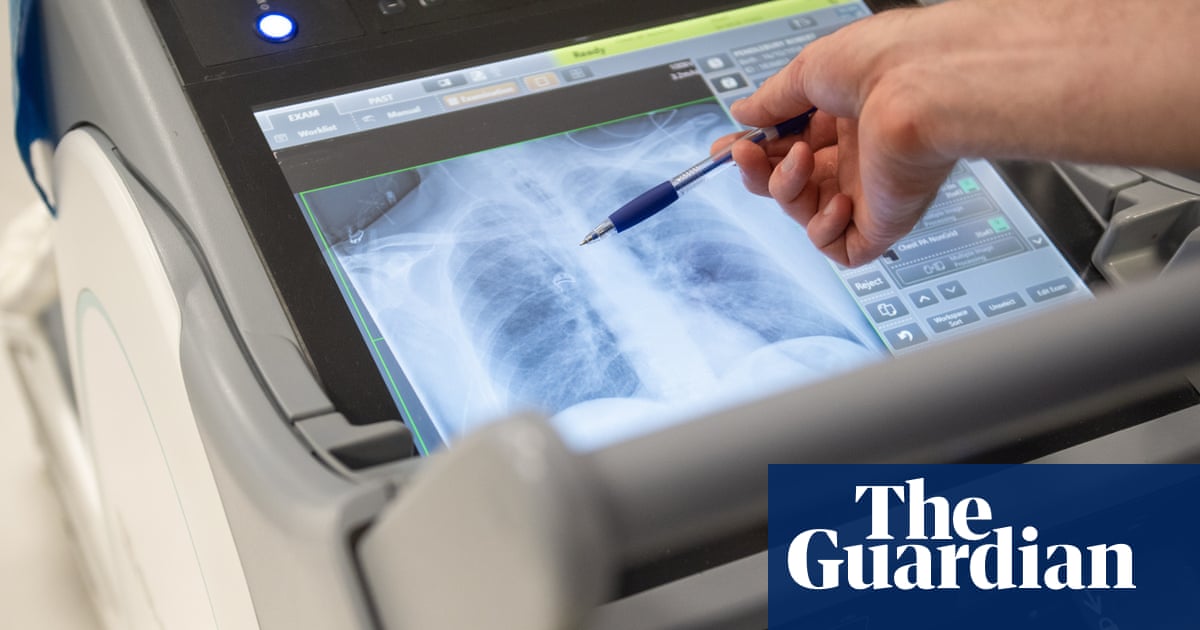A quarter of women with the deadliest form of ovarian cancer could be diagnosed earlier if they were tested and sent for specialist treatment more quickly, research suggests.
For the analysis, the researchers examined data from the Refining Ovarian Cancer Test Accuracy Scores (ROCkeTS) study, in which 24 hospitals across the UK participated.
Of the 1,741 patients who underwent accelerated ovarian cancer testing, 119 were diagnosed with high-grade serous ovarian cancer, one of the more deadly forms of the disease.
Over a quarter (25.2%) of the patients participating in the study had been diagnosed with stage one or two ovarian cancer, and of these women, 93% survived for more than five years. However, the survival rate for patients with advanced ovarian cancer was only 13%.
The study also found that patients whose cancer had already spread before diagnosis required “relatively straightforward” surgery to remove the cancer.
Almost two-thirds of the patients included in the study, namely 78 of 119, underwent surgery to remove as many cancer cells as possible from the abdominal cavity, while 36 patients received chemotherapy before the operation. Only five of the 119 women did not undergo surgery.
There is currently no national screening programme for ovarian cancer in the UK. Instead, since 2011 there has been a testing programme called ‘symptom-triggered testing’, which means that women who have symptoms such as bloating, changes in stool, changes in appetite or abdominal pain should be prioritised for blood tests and ultrasound scans.
Prof Sudha Sundar, a gynaecological cancer surgeon and clinical scientist at the University of Birmingham, said it was uncertain whether these symptom-triggered tests would be of any benefit to patients.
Sundar said: “We know that this particular cancer, the most common form of ovarian cancer, has a tendency to spread into the abdomen.
“A quarter of the women were in stage one, which is fantastic, but even when it had spread, we were able to show that the spread was moderate in the majority of women.”
She added: “This means that the cancer can be removed surgically with relative ease. We may not only be able to identify women with cancer, but also detect ovarian cancer at a stage where it makes a big difference to those affected.”
Around 7,500 women in the UK are diagnosed with ovarian cancer each year. It is the sixth most common cancer in women.



